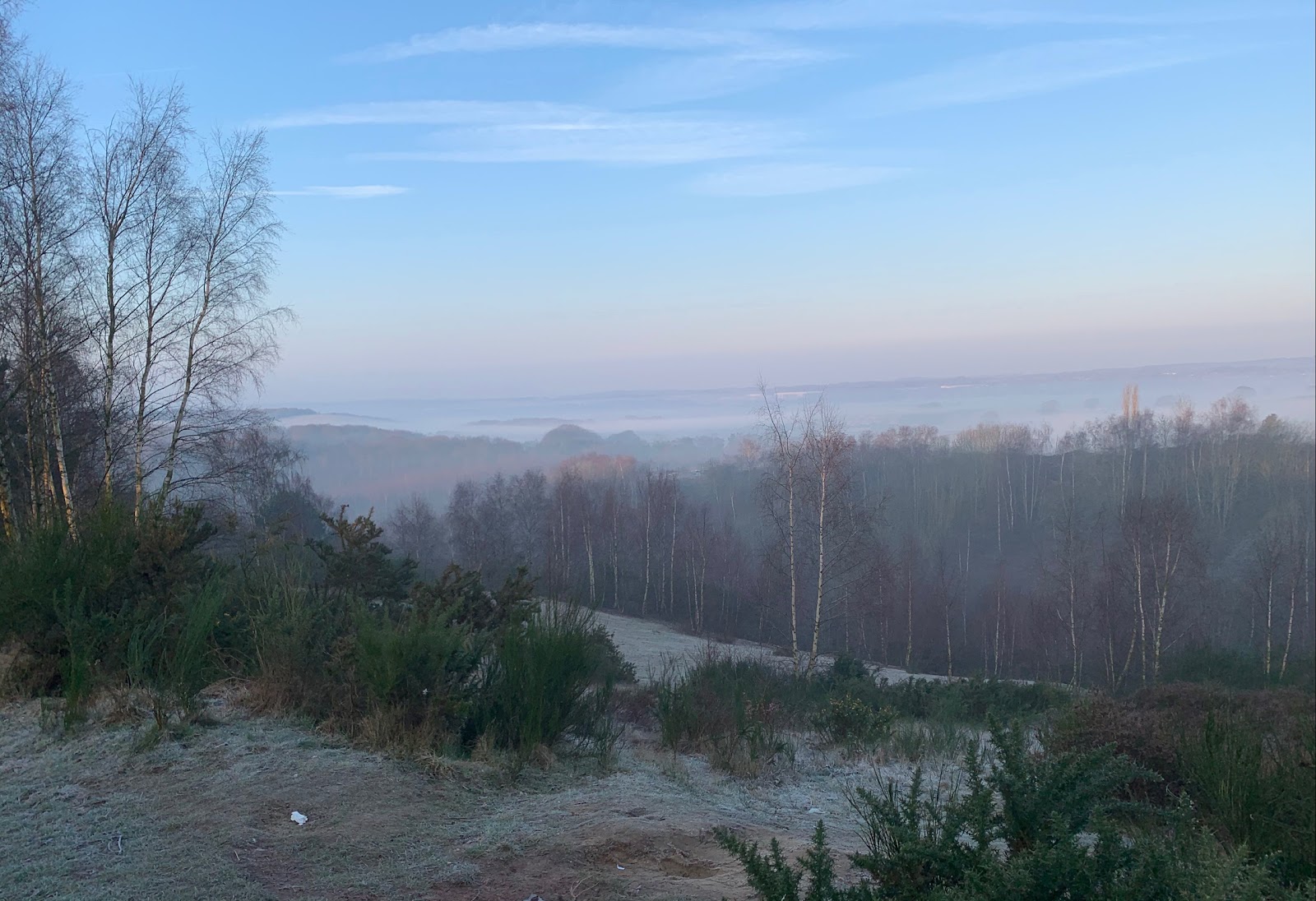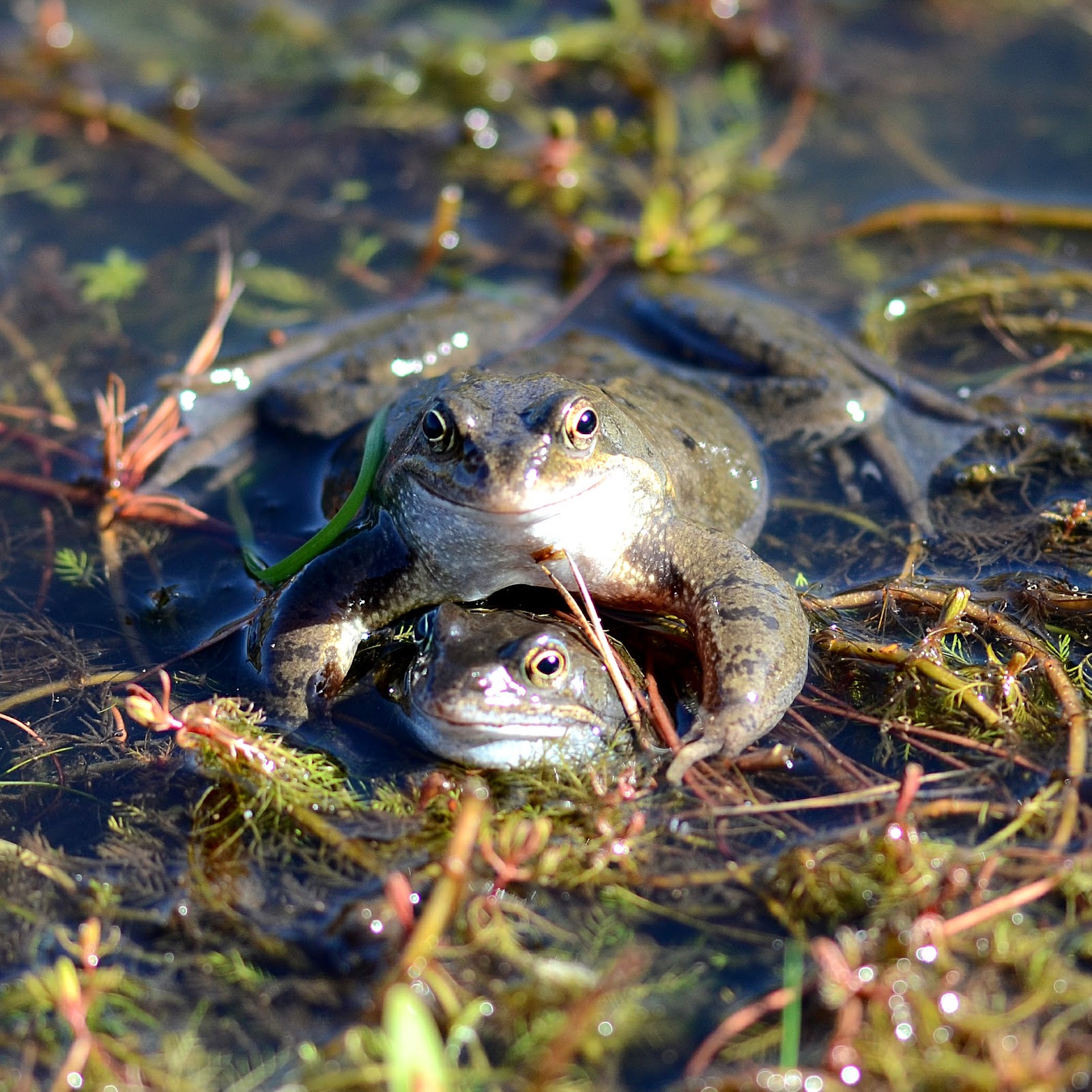‘The green heart of England.....’
‘The green heart of England.....’
The cities, conurbations, towns and villages of Nottinghamshire and Derbyshire lie within the verdant heart of England’s broad river valleys, majestic peaks, historic forests and fertile farmlands.
The role of the newly-devolved mayor for the East Midlands provides special opportunities for nature which could, in turn, help give a unique identity to the new regional authority. This identity could help set the region apart from the crowd when seeking inward investment. All regions are seeking investment and will need to develop distinct approaches and to offer investors something attractive. A focus on nature might also open up new routes for investment – including specific green/social investment and opportunities for broader partnership delivery. The part that nature recovery can make towards our climate change goals through the sequestration of carbon should not be overlooked.
The scope of the land managed by the unified authorities is vast with huge potential for nature to thrive.
Biodiversity recovery need not be costly and can provide much to celebrate across the region. Each constituent authority within the region has already invested time and energy into Local Biodiversity Action Plans (LBAP). Nottinghamshire and Derbyshire are blessed with communities of highly skilled, knowledgable and motivated organisations, groups and individuals whose collective community energies and ownership could propel this strategy forward making a huge impact for nature and the public good.
In summary, key downward pressures on biodiversity include climate change, intensive agriculture, pollution, fragmented habitats and invasive alien species.
Here’s a list of measures that can be taken on council lands that could make an immediate difference to some of these and that could give a lead to other landowners and citizens.
Put the sprays away..
Pesticides are responsible for much of the biodiversity loss. The new mayor could eliminate the use of pesticides on all of the new authority land.
 |
| Gatekeeper butterfly on hedge |
An end to the cuts...
Roadside verges are potentially a huge connecting linear nature reserve. Make all roadside verges wildlife rich (apart from where mowing is needed for safety reasons). Similarly cutting hedges outside the bird nesting season and moving to a three year incremental cutting cycle could significantly improve the breeding success of some bird species. ‘Cut hedges gradually higher and wider’ (PTES).
A more-relaxed attitude to grass cutting should give scope for those in social housing to have permission to create wildlife corners in lawns and gardens.
Brown is the new green...
Nature has amazing powers to recover as can be seen in many brownfield sites - the new authority should recognise and celebrate this.
Projects such as the Broadmarsh redevelopment and Down to Earth Derby (and their wider plans for a wilder, more connected urban area) can provide a template for regeneration with nature at its’ centre. The East Midlands Mayor surely has an opportunity to draw these threads together and look at more ambitious levels of investment. People take note when cities look to do something different and innovative.
Planning for nature...
 |
| Orange tip butterfly on bluebell |
The Biodiversity Net Gain (BNG) which all developers must address from November this year should be used as a benchmark for projects that follow. It is vital that BNG assessments take fullaccount of existing value of sites if we are to stem the tide of well- established habitat being replaced by new and less complex habitat – they are not equivalent. It is also important that all BNG is delivered as close to proposed developments as possible. We should take note of the disastrous HS2 examples which saw biodiverse ancient woodlands clear-felled to be replaced by the serried ranks of transplants in plastic tubes.
All constituent local authorities should have completed a biodiversity opportunity map exercise (BOM). These and the LBAP’s should be used as a launchpad to ensure that all development includes breathing green space that also increases connectivity to reduce fragmentation of habitats...
The new mayor could prioritise the re-greening of our towns & cities with a plan for planting native trees in urban areas to support wildlife and to mitigate against air pollution and the heating of urban spaces.
The cost of living crisis and urge to reconnect people with exercise and nature meshes perfectly with a drive to encourage planners, developers, parish & district councils, utility land and private owners to create allotment plots and community gardens for reconnection with nature, food production and family recreation.
 |
| Leapool |
Many existing allotment sites are situated near older housing. Those living on new developments frequently have smaller gardens some distance from allotment sites.
The mayor could work with partners to create more green, biodiverse oases which give families access to the benefits and pleasure of allotments and community gardens.
Community pioneers working with partner organisations could help realise this vision.
The exciting vision set out by Kier Starmer need not necessarily be a disaster for nature if these principles are embraced in creating green new towns.
Rivers, streams and wetlands..
The pollution of our rivers has become a national scandal. Prioritise water treatment. Riverine habitats should also be restored in partnership with water authorities to increase wetlands and tree cover alongside rivers.
Parklife ...
Our public green spaces have no statutory support but are enjoyed by millions within the region. Collectively they have a significant economic impact and should be celebrated for the wildlife they can nurture. This is an area where there needs to be joined-up thinking as it has been demonstrated that there are cost savings derived from reduced pressure on the NHS resulting from people having access to nature. At Bestwood Country Park, the Friends’ group is trialling weekly health walks linked with NHS services. There should be greater support for initiatives like this.
We should ensure that the diverse public parks estate has high quality management that
 |
consistently embraces wilder, more biodiverse and pollinator friendly approaches.
The new authority should consider lower-cost natural regeneration to develop new woodlands rather always relying on tree-planting schemes.
There could be a seasonal public information campaign to positively educate about recreational disturbance of nature.
Allestree Park, Derby (where golfers once played) should be our inspiration, becoming the largest urban rewilding park in the country, benefitting wildlife and people - and attracting interest nationally and from overseas.
Our future ...
The new mayor should look for every opportunity to engage our young people and nature. The introduction of a new Natural History GCSE provides a great opportunity to embed understandings and a love of nature and the new mayor should grasp this.
Opportunities for outdoor education must be increased to give all children access to nature as an entitlement in the East Midlands.
Celebrate...!
All of the above is achievable.
With business and media support we should create an annual mayors wildlife recovery fund/prize celebrating local wildlife projects in many categories.
In the recent ‘Sherwood’ TV series a character commented that mining communities were now only ‘former mining communities’ and had never found a new identity. Creating the green heart of England could clearly position the new authority and help contribute to new opportunities and identities including through creating jobs that will be generated through the visitor economy.
Together, this opportunity gives us chance to really make a difference for people and nature. Let’s grasp it.
My thanks to all those who contributed to this document.
Rob Carlyle




No comments:
Post a Comment